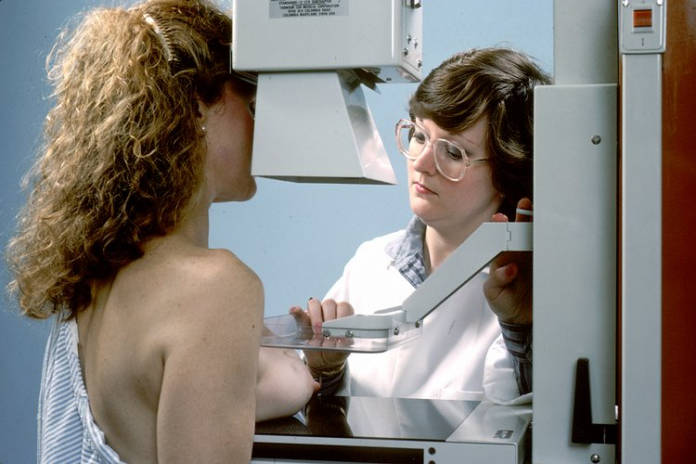Whether breast cancer screening does more harm than good has been debated extensively. Earlier this year the Swiss Medical Board published a report recommending that no new systematic mammography screening programs be introduced. Here is how and why they came to this conclusion.
The Swiss Medical Board is part of an independent health technology assessment initiative in Switzerland.
In 2013 they were asked to review the current mammography screening program. The team of experts on the board included amongst others a medical ethicist, a clinical epidemiologist, a pharmacologist, an oncologic surgeon, a nurse scientist, a lawyer, and a health economist.
“Systematic mammography screening” is the term generally used to describe the serial
radiological examination of women within the framework of a screening program whereby all women in a specific age group are invited to an X-ray examination of their breasts which is not conducted by a doctor. At the time the country had in place a comprehensive screening program which was offered to all women aged from 50 to 69.
The board spend twelve months reviewing all available evidence and its implications. They
reported becoming “increasingly concerned” about the widely believed notion that mammograms were safe and capable of saving lives. They said “As we embarked on the project, we were aware of the controversies that have surrounded mammography screening for the past 10 to 15 years.
When we reviewed the available evidence and contemplated its implications in detail, however, we became increasingly concerned.” In fact they concluded that statistics clearly indicated that mammograms appeared to be preventing only 1 death per 1,000 women screened, and actually caused harm to many more.
Their thorough review left them no choice but to recommend that “no new systematic
mammography screening programs be introduced, and that a time limit should be placed on existing programs.” The report was made public at the start of 2014 wherein they advised that the quality of mammography screening should be evaluated and every woman should be informed, in a “clear and balanced” way, about the benefits in addition to the potential harms of screening.(i)
Read More HERE
Also, More HERE


